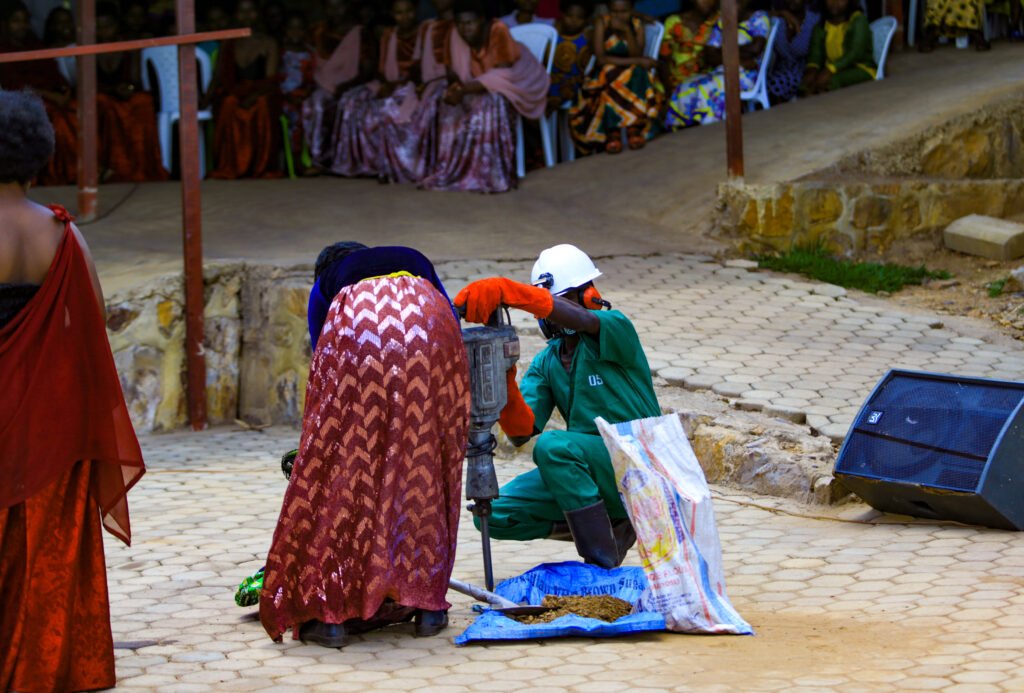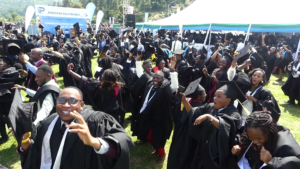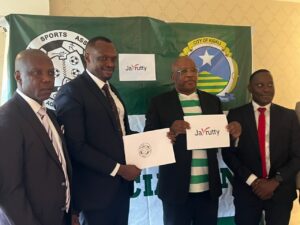By Elie Mutangana.
The Rwandan mining industry, has traditionally been seen as a male-dominated field. However, the valuable contributions of women in mining are increasingly being recognized, and their presence is vital for the industry’s success.
It is well known that Rwanda is one of the most gender-sensitive countries in the world and Rwanda’s constitutional, legal and institutional framework is gender-mainstreamed.
However, as the above figures indicate, gender equality in the mining sector has yet to record similar achievements and appears to be lagging behind given the notable male dominance in the sector.
To tackle this issue, in 2022, RMB partnered with its stakeholders to develop a gender strategy for the mining sector to promote gender equality in the mining sector and respect both genders’ rights.
The inclusion of women brings fresh perspectives, insights, and problem-solving approaches and leads to increased economic empowerment and community development.
On International Women’s Day 2024, Mrs. Vestine Kamugwera, Managing Director of GMCD, a women-owned small-scale tungsten (wolfram) mine in the city of Kigali, expressed her pride in investing professionally in mining and aligning it with Rwanda’s vision.
“We had a vision to grow and prosper, inspired by our president who encouraged women to be bold and ambitious.” Kamugwera said.
She has implemented measures to develop the mining industry, which has employed over 500 people, including 100 women.
“We aim to increase the women’s participation to at least 30%.”
Vestine Ayinkamiye, a miner at GMDC asserts that women who have ventured into the mining industry are equally competent.
“Women bring fresh perspectives, enhance safety, drive sustainability, and inspire future generations,” she said.
Aline Providence Nkundibiza, Chairperson Rwanda Women In/And Mining Organisation (WIAMO), says investing in women in mining not only benefits individual women but also families, communities, and countries.
“By breaking barriers and pursuing careers in this traditionally male-dominated field, women act as role models and encourage young girls to consider mining as a viable and rewarding career choice.” Nkundibiza said.
Dr. Polycarpe Nshimirimana, Programme Manager of global NGO Pact’s Illuminating Small-Scale Mining in Rwanda (ISMR) project, highlighted the significant role of women in the sustainable development of Rwanda’s mining sector.
He said that ISMR project in Rwanda aims to enhance occupational safety, security, and productivity by providing rechargeable headtorches to replace disposable battery-powered hand torches.
“Good lighting in mines can significantly enhance women’s safety, preventing sexual and gender-based violence and harassment in dark areas like tunnels,” he said.
Dr. Nshimiyimana calls on stakeholders and key players in the sector to prioritize the inclusion and empowerment of women in mining and women’s leadership.
Rwanda’s mining sector employs 57,379 workers, with 11.4% women and 88.6% men. 22 women own mining and quarrying companies, representing 16% of the total.
In 2023, Rwanda’s mineral exports rose to over $1.1 billion, up from $772 million in 2022, representing a growth of 43.0%.





